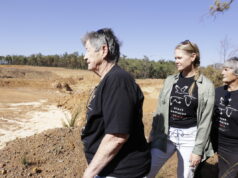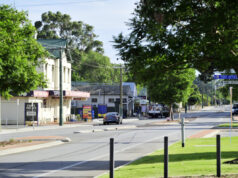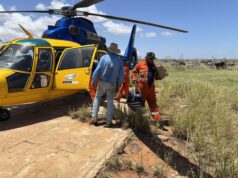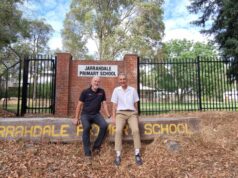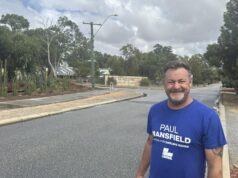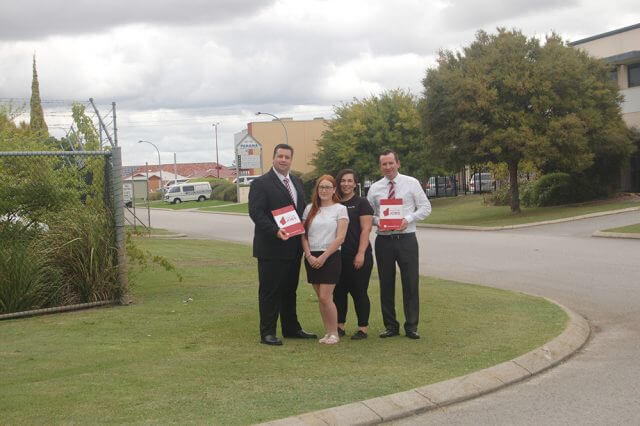
Young people are struggling to find work but cannot afford Tafe fees to increase their chances of getting a job, according to Maddington resident Rachael Tarnawskyj.
Ms Tarnawskyj began a diploma after graduating from high school but was forced to work two jobs to pay the fees.
“It all became a bit too overwhelming so I dropped out and started working full-time,” she said.
She was hoping to start studying again after losing her customer service job about a month ago but could not afford the fees.
“I’ve also applied for about 20 jobs and I haven’t heard back from any of them,” she said.
Gosnells resident Bonnie Choyce was hoping to study and move out of home but with her qualifications she was only able to obtain a casual retail job where she worked between eight and 12 hours a week.
“Each fortnight I get between $300 and $400 so it’s not a lot at all,” she said.
“I’m hoping to study but I can’t afford the fees.
“I could get assistance from government services like Centrelink but my parents earn too much and because I haven’t worked 30 hours a week for two years I’m not an independent, so they would have to include my parents’ income and I probably wouldn’t get anything.”
Labor candidate for Southern River Terry Healy, who taught both women when they were students at Southern River College, said they were examples of good students who could not get jobs.
“Both these guys were at the top of our Vocational and Education Training program,” he said.
“Young people are hurting and this isn’t just in Gosnells.”
Labor leader Mark McGowan said unemployment was becoming an increasing issue as the construction phase of mining projects wound down.
“This State Government has relied too heavily on mining and oil and gas,” he said.
He said Labor’s plan for jobs, announced last week, would address youth unemployment, which was sitting at 12.7 per cent in WA.
He said the plan included providing a wider range of Tafe courses at a lower cost.
Deputy Premier and Training Minister Liza Harvey disputed claims the State Government had failed to prepare for the mining construction slowdown and said major government projects such as the stadium and Elizabeth Quay had created more than 45,000 jobs in the metropolitan area.
She said the government also provided one of the best training sectors in the country and substantially subsidised the cost of all training by an average of 85 per cent.
“For apprentices and trainees the out of pocket expense for the student is about $1000 a year,” she said.
“In addition to this, the government recently capped fee increases for apprenticeships at four per cent and one per cent for diplomas and zero per cent for foundation skills.
“The State Government also provides incentives for Group Training Organisations to commence unemployed youth, Aboriginal people and people in the regions in an apprenticeship, recently doubled the travel allowance for regional and remote students and created $3000 scholarships to encourage women into non-traditional trades which includes $2000 for employers.”


